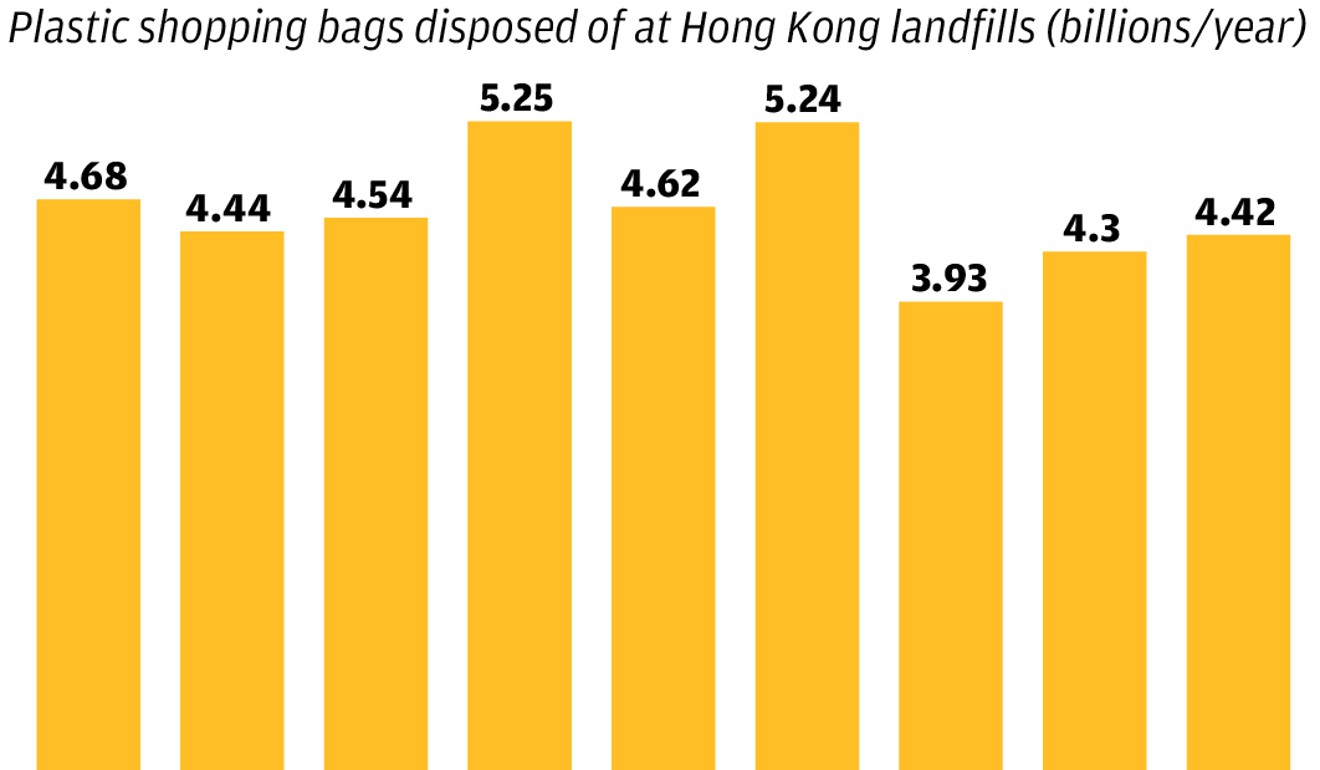
Letters | Have Hong Kong protests and police tear gas taken a severe toll on the environment and wildlife?
A banner is unfurled bearing the words “Warning: Tear Smoke” in both Chinese and English, quickly followed by metal canisters and trails of smoke raining down on protesters. Stinging, choking clouds of smoke have become common sights on Hong Kong streets. Equipped with gas masks, the protesters have found ways to protect themselves, but how about the local environment and wildlife?
Hong Kong to pay for politics of tear gas and anarchy
Further environmental damage is contributed through the cutting down of trees, use of petrol bombs and the incineration of objects by protesters, especially plastics, which also pose severe harm to the environment.
Burning plastic releases dangerous chemicals into the air such as hydrochloric acid, dioxins and particulates, which are all highly toxic to humans and the environment.
Appropriate and collaborative government action to address and resolve these issues should be of primary concern.
Christopher Lau, student, MSc Environmental Science and Management Programme, Hong Kong University of Science and Technology

Elections are over, time to focus on life in the city
Now that the dust is settling after the district council elections, can we hope to see some fundamental changes on environmental and housing issues?
All over the world, concerns about the environment are growing, and there is no reason to believe that Hong Kong is any different.
So can we expect stringent measures to ensure all taxis and buses are electric at the earliest? Also can we please stop the fawning over developers and see an end to horrific noise from jackhammers and drilling on weekends? These intrusions are quite unacceptable in a civilised society.
Similarly, motor bikes that make excessive noise should be subject to regulation and enforcement.
All plastic bags should be banned, not simply charged for.

All these suggestions should be on top of a huge plan to build affordable housing and to help first-time buyers find the necessary deposits.
The last few months have been a wake-up call for the government. Let us please see some positive responses from the newly elected district councillors, as well as the government.
If it be said that we cannot afford these measures, which I doubt, then surely the time has come to introduce a very modest tax on dividend income.
Neil Kaplan, Central

